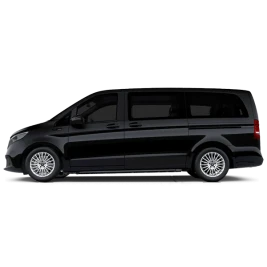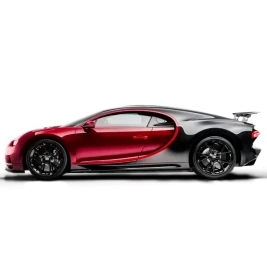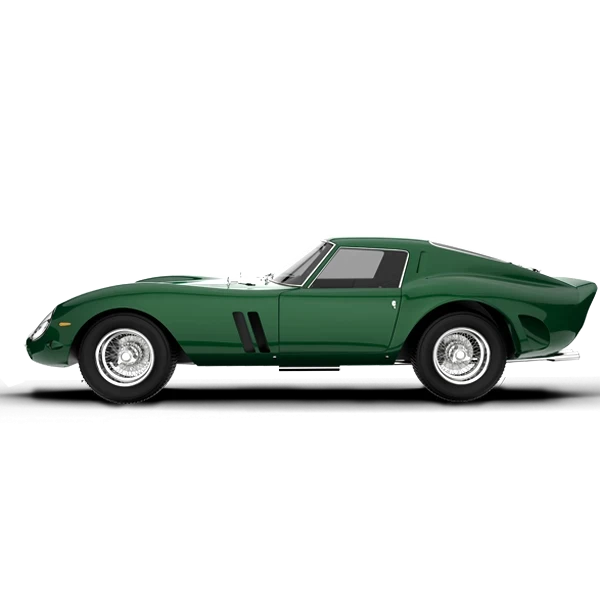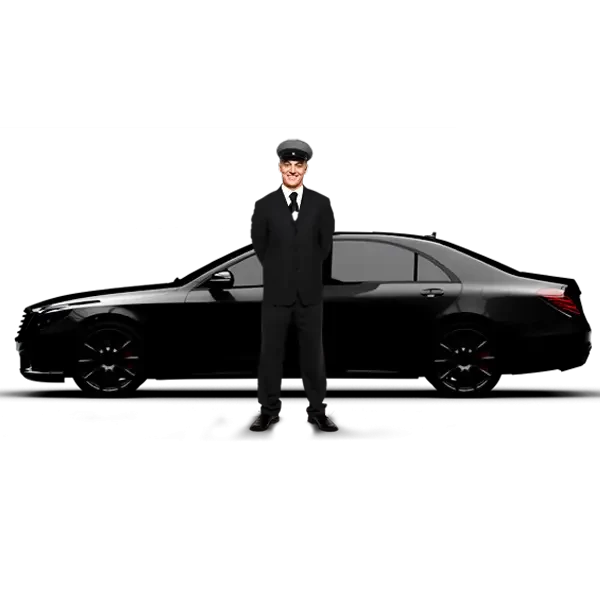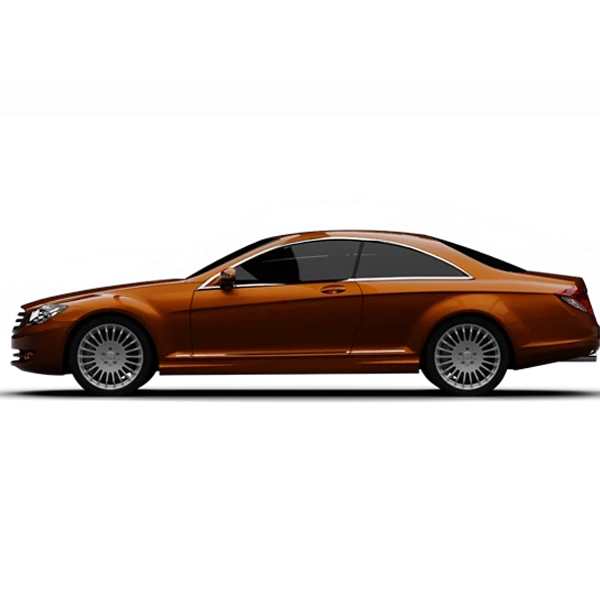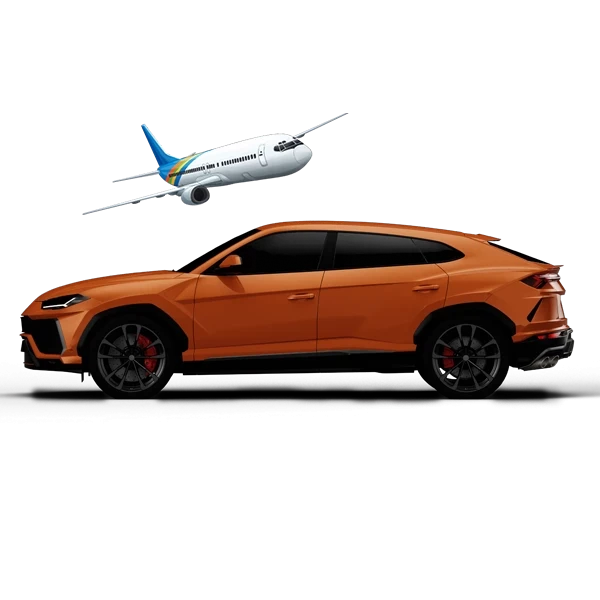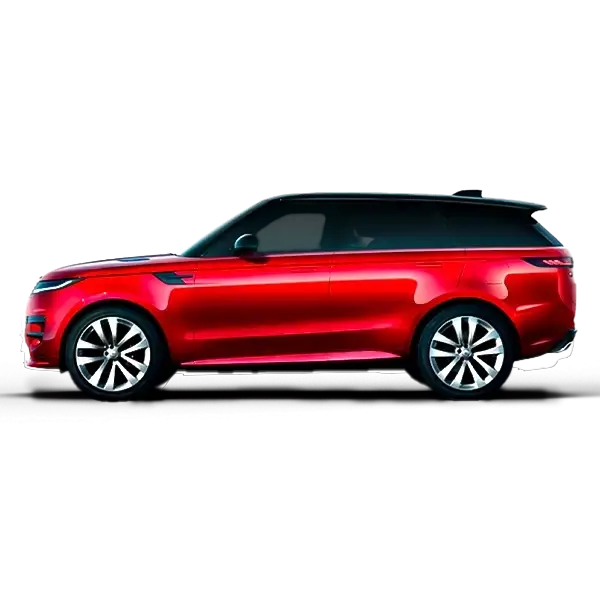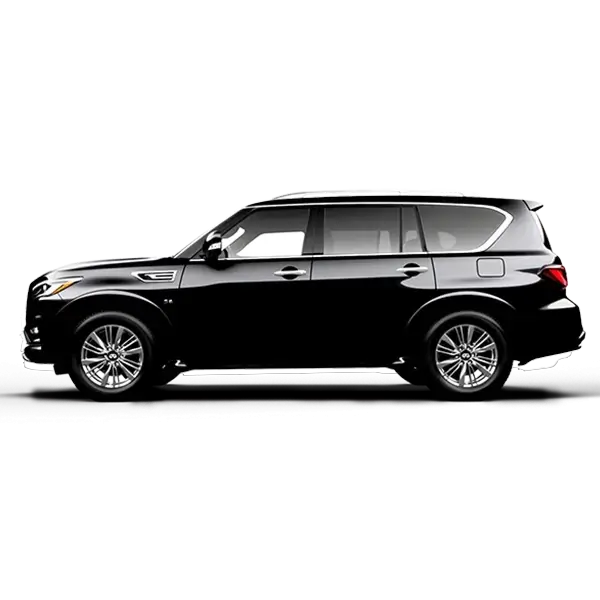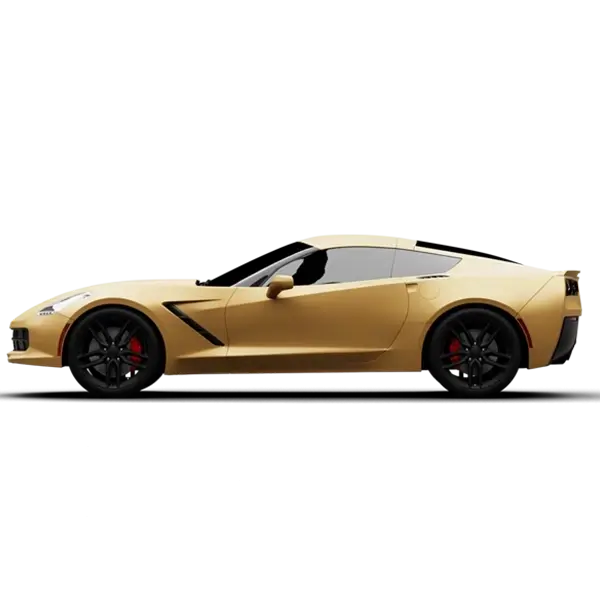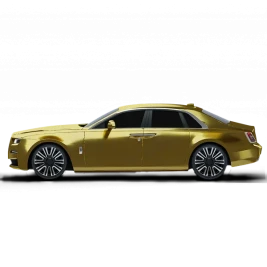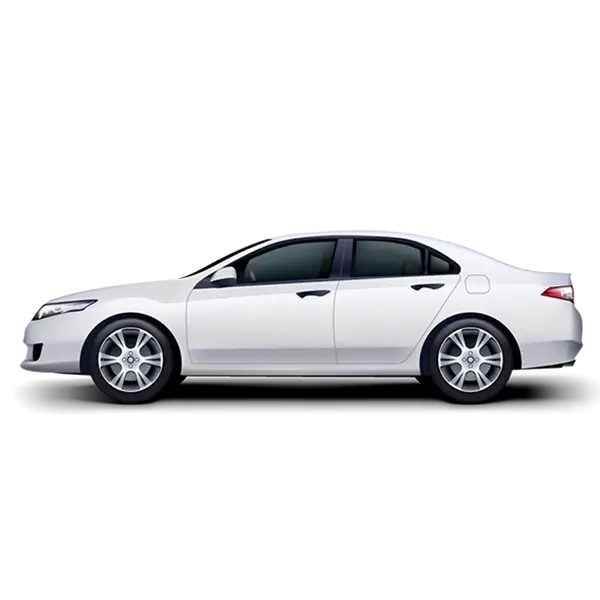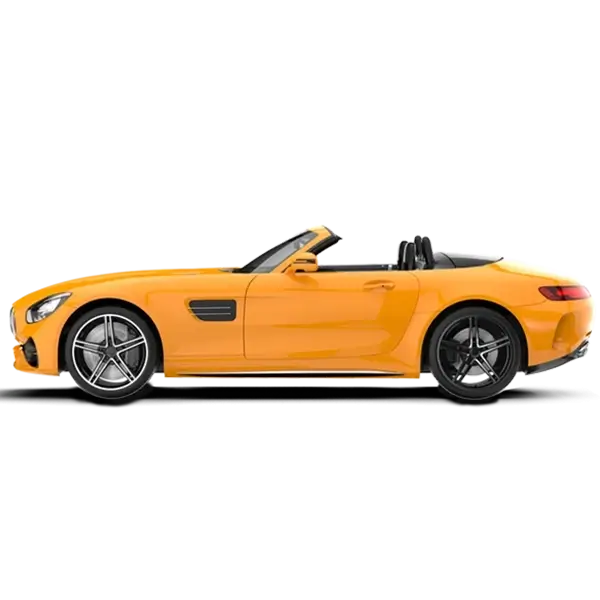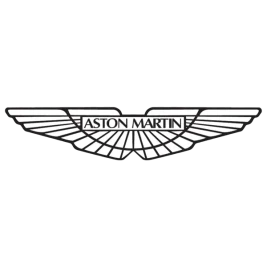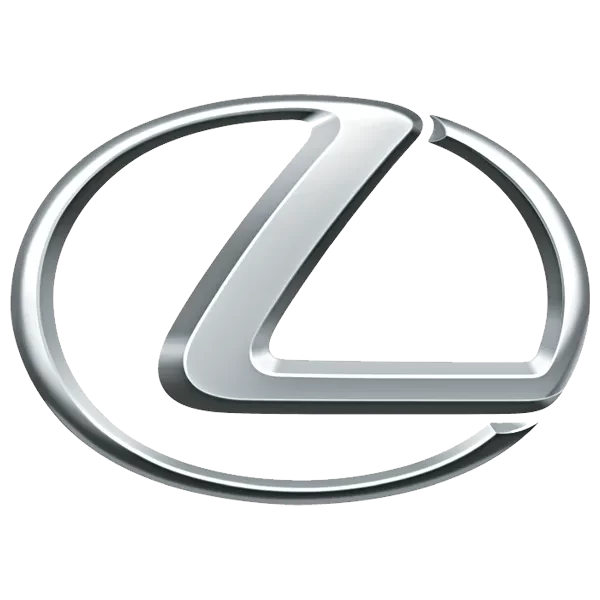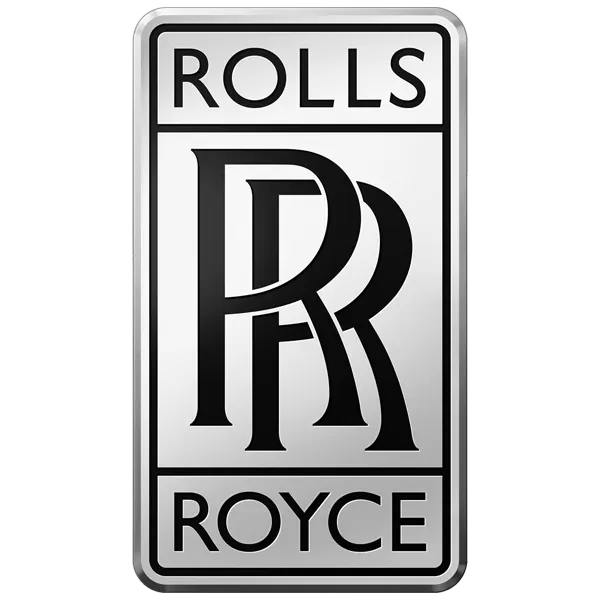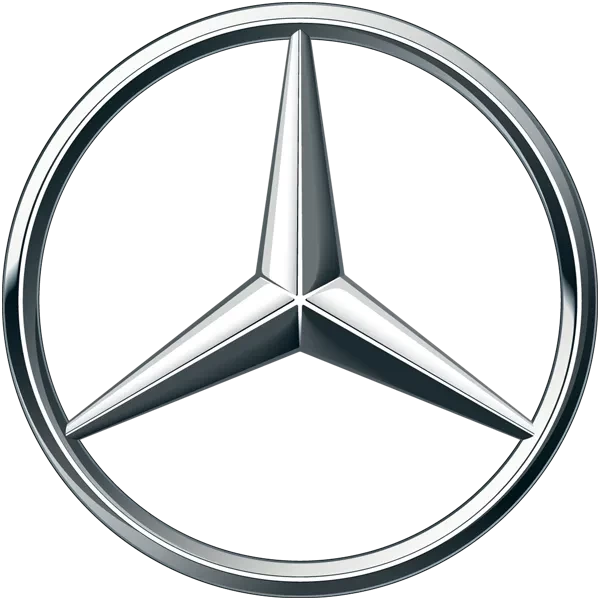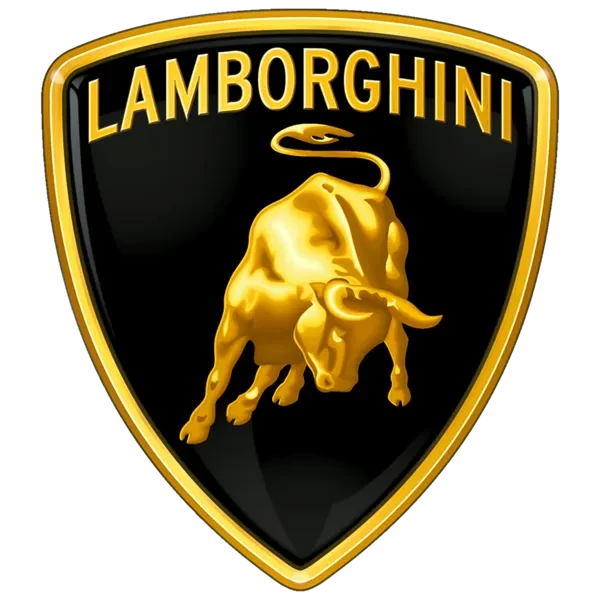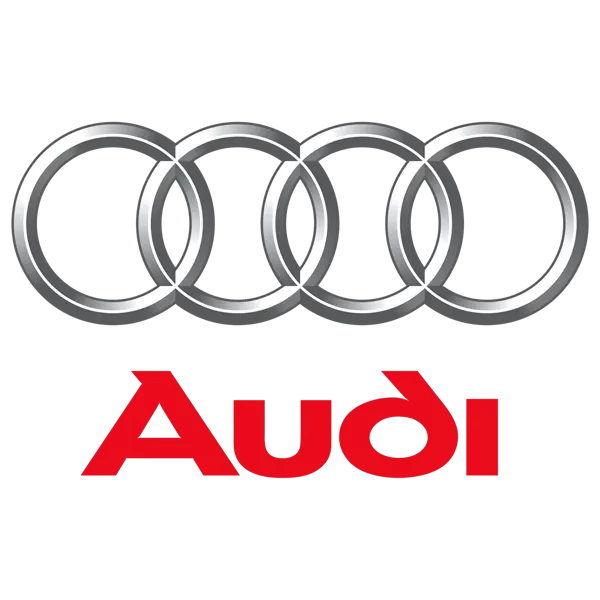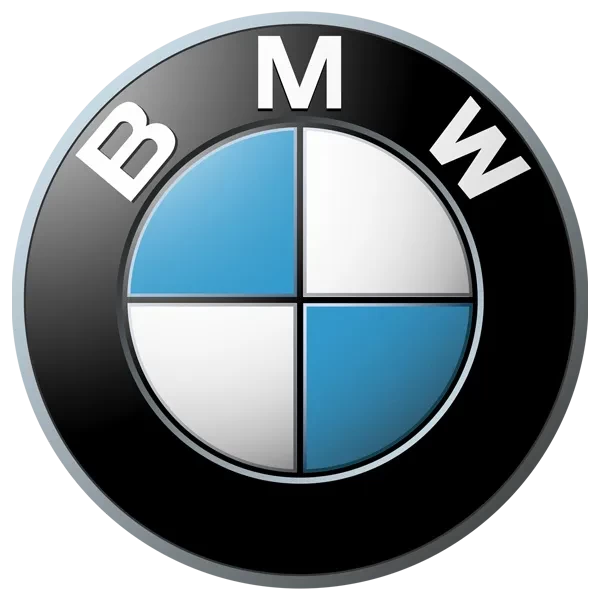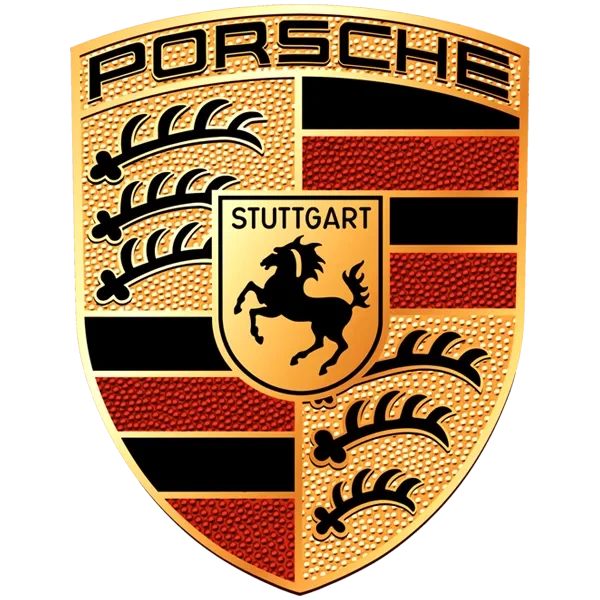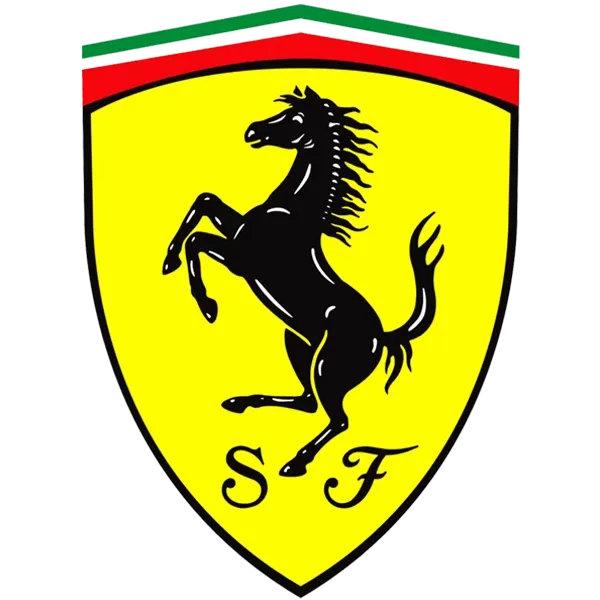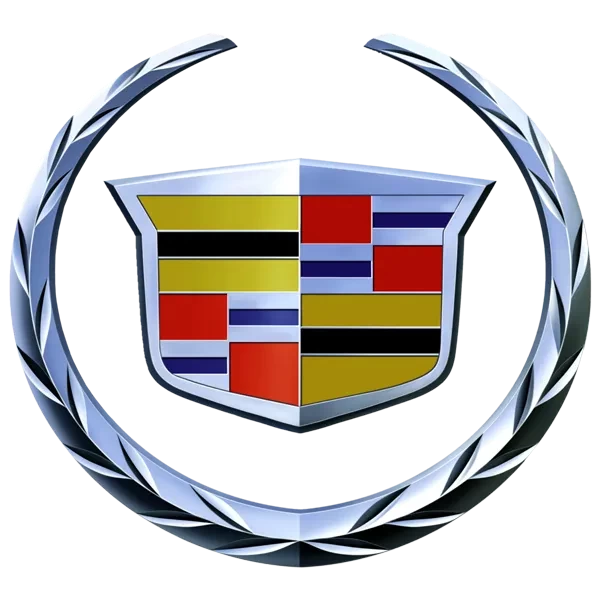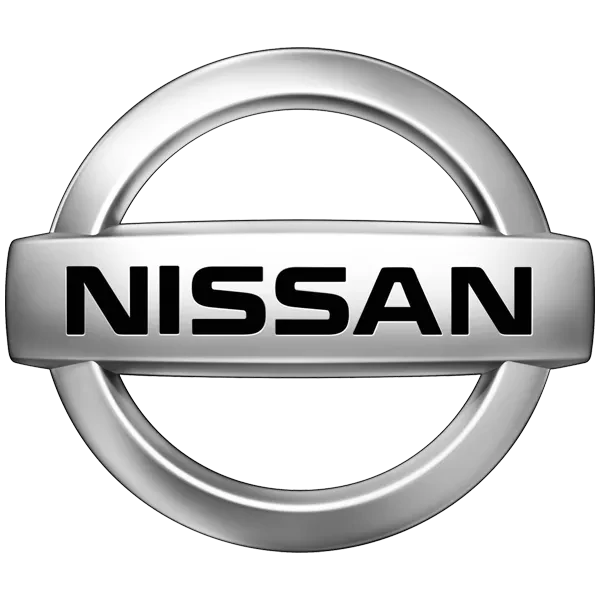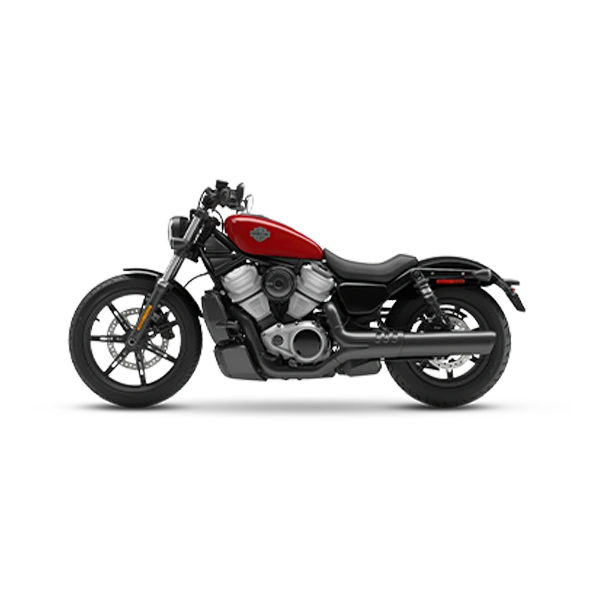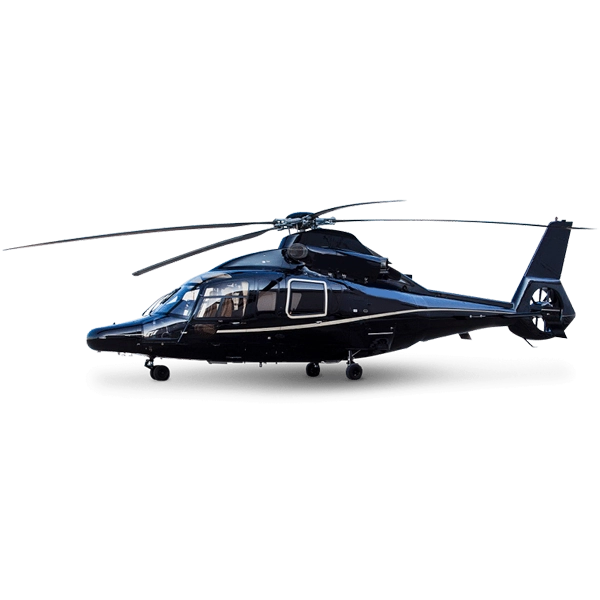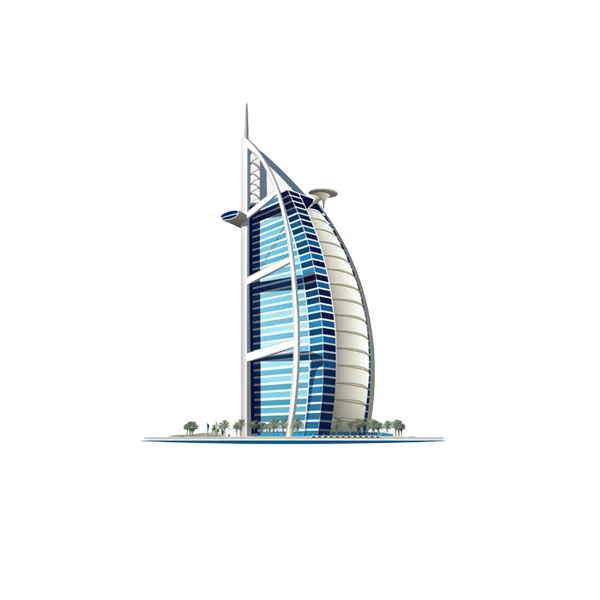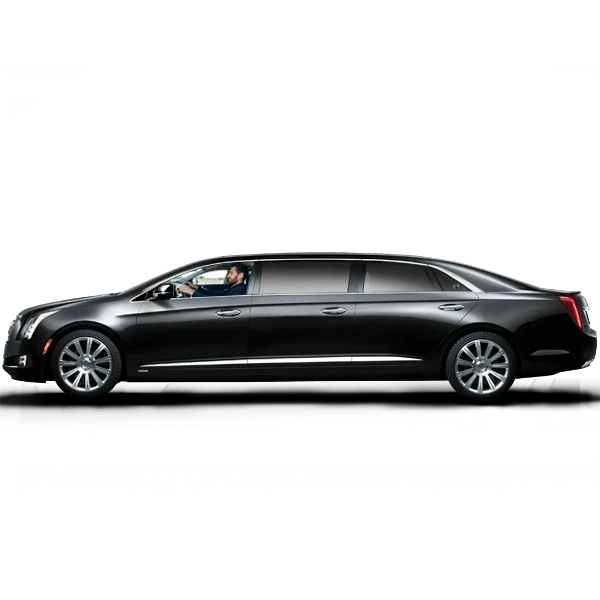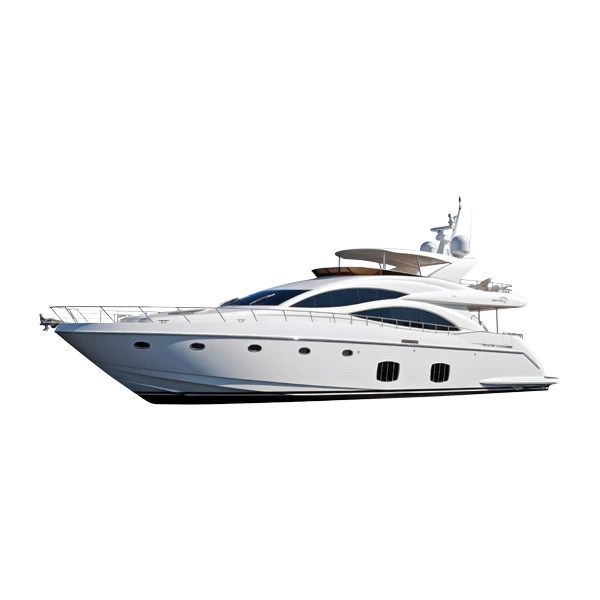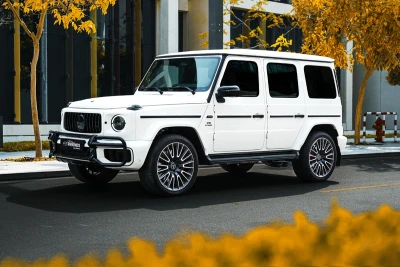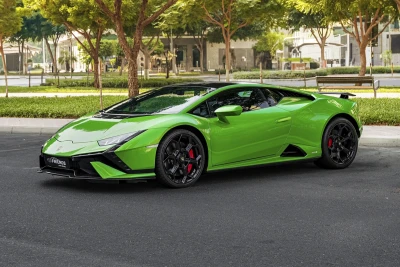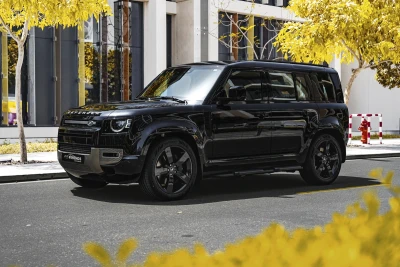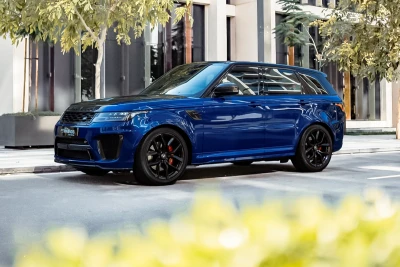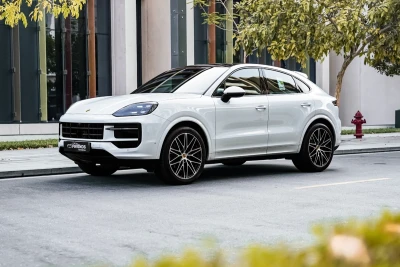Which Cars Consume the Most Fuel in the UAE?
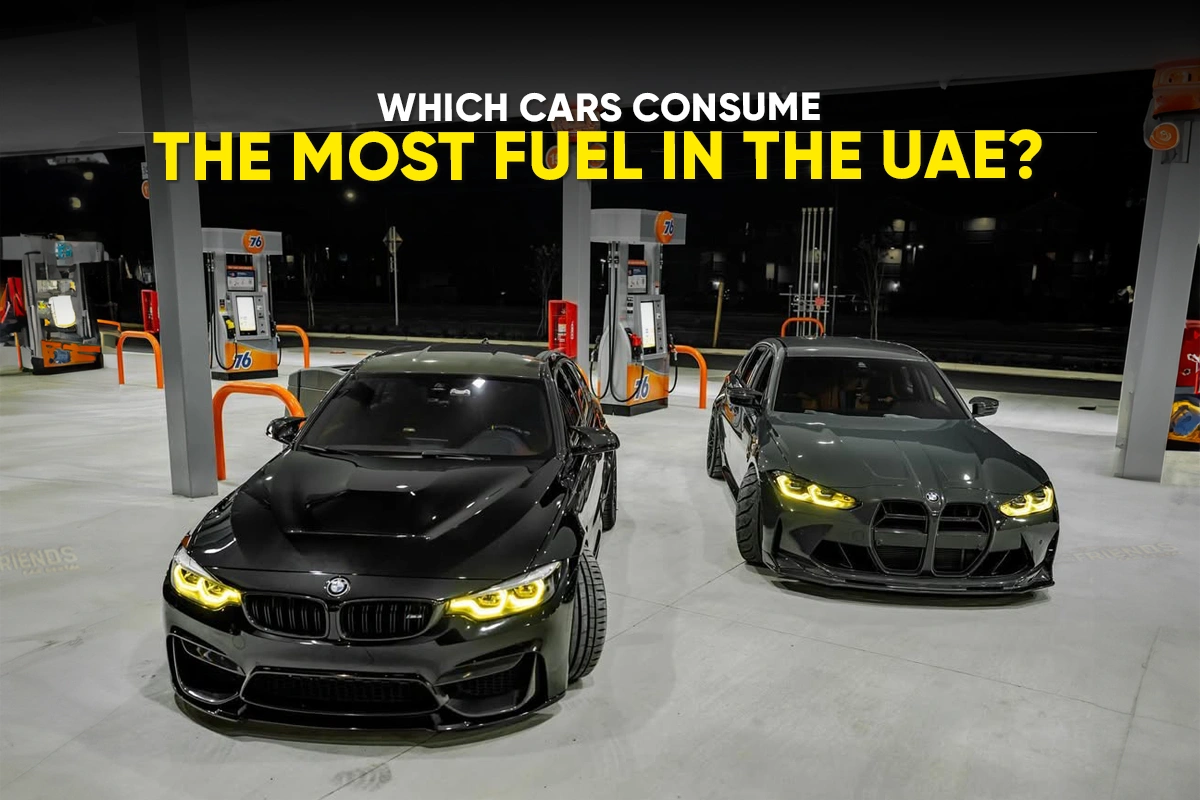
The Emirates is an open playground for the most coveted automotive masterpieces, such as Mercedes, Ferraris, Lamborghinis, and more. The absolute finest cars mean supreme performance, enthralling speeds, and also frequent fuel station stops. Out of the countless high-performance cars scouring the UAE’s roads, which cars consume the most fuel in the UAE? That’s an intriguing question. This article examines the ten most fuel-efficient cars on the roads of the Emirates.
Top 10 Most Fuel-Hungry Cars in the UAE:
The following top 10 fuel-guzzling cars on the streets of the UAE are ranked based on their fuel consumption rate, i.e., km/L. I’ve also considered that these vehicles must be currently operating, even if they are no longer in production, and must be fully road-legal. Take a look at the top 10 fuel-consuming cars on the UAE’s streets.
1. Pagani Zonda F
A masterpiece of Italian engineering, the Zonda F is a legendary hypercar known for its raw power and exclusive status. It secures the top spot as the most fuel-hungry car in the UAE. This is a testament to its commitment to old-school, large-displacement performance over modern efficiency.
Vehicle Type: Hypercar
Production Status: Limited edition (coupe: 25, roadster: 25)
Launch: 2005
Fuel consumption:
Combined: ~34.1 L/100 km (~2.9 km/L).
Engine:
Mercedes-AMG 7.3-litre naturally aspirated V12.
Paired with a 6-speed manual transmission.
Power & performance:
Power: 602 hp; 650 hp for the Clubsport version.
Torque: 760 Nm.
0–100 km/h: 3.6 seconds.
Fuel-consuming factors:
The large-displacement, naturally aspirated V12 engine is inherently less efficient than smaller, turbocharged engines.
The car's aggressive tuning, prioritizing performance and raw sound over efficiency, contributes to its high fuel consumption.
2. Dauer 962 Le Mans
Dauer 962 Le Mans is one of the most exclusive and fastest street-legal cars ever built. It’s a rare homologation special that brought pure race car technology to the roads of the UAE. Its extreme fuel consumption is a direct result of its purpose: achieving ultimate performance without regard for efficiency.
Vehicle Type: Street-legal race car, homologation special
Production Status: Very limited production (approx. 13 units)
Launch: 1993
Fuel consumption:
Combined: ~30 L/100 km (~3.3 km/L).
Engine:
3.0-liter, water-cooled, twin-turbocharged flat-6, based on the Porsche Type-935 race engine.
Power & performance:
Power: ~730 hp.
Torque: 701 Nm.
0–100 km/h: ~2.6 seconds.
Top speed: 404.6 km/h.
Fuel-consuming factors:
The high-strung, race-derived engine, which produces significant power from a relatively small displacement using high boost pressure, is a primary factor.
Its engine was designed for maximum performance, not road-going efficiency.
3. Bugatti Veyron
The car that redefines the term hypercar, the Bugatti Veyron, has always been associated with world-beating speed and exclusivity in the UAE. Its legendary 400 km/h top speed capability is achieved through an immense, power-hungry engine that earns it a solid place on this list.
Type: Hypercar
Production Status: No longer in production (450 total units produced)
Launch: 2005
Fuel consumption:
Combined: ~25.5 L/100 km (~3.92 km/L).
Top speed consumption: Can empty its 100-litre fuel tank in just 12 minutes.
Engine:
Quad-turbocharged 8.0-litre W16 engine.
Power & performance:
Power: 1,001 hp (standard model).
Torque: 1,250 Nm.
0–100 km/h: 2.5 seconds.
Top speed: 408.47 km/h (standard model).
Fuel-consuming factors:
The large 8.0-litre W16 engine requires a huge volume of air and fuel.
The four turbochargers increase airflow and power, but they require more fuel to operate.
Its heavy curb weight requires more energy to accelerate and maintain speed.
4. Bugatti Chiron (standard)
The successor to the Veyron, the Bugatti Chiron, represents the pinnacle of hypercar engineering. It remains one of the most powerful and desired vehicles in the UAE. Its legendary performance comes at a similar, heavy price at the fuel pump, retaining the W16 engine at its core.
Type: Hypercar
Production Status: Production ended in 2024 (500 units)
Launch: 2016
Fuel consumption:
Combined: 25.2 L/100 km (~3.97 km/L) (WLTP).
Engine:
Quad-turbocharged 8.0-litre W16 engine.
Power & performance:
Power: 1,500 hp.
Torque: 1,600 Nm.
0–100 km/h: Under 2.5 seconds.
Top speed: 420 km/h (electronically limited).
Fuel-consuming factors:
The engine is an evolution of the Veyron's, but with higher output, leading to similar levels of fuel consumption.
Its immense power and performance demands naturally result in very low efficiency.
5. Koenigsegg Regera
A revolutionary machine, the Regera stands out on this list as a unique megacar that employs a hybrid powertrain. Despite the hybrid mechanism, it stands out as one of the top 5 most fuel-hungry cars in the UAE. While its technology is futuristic, the core purpose is raw power and record-breaking performance, meaning it still consumes fuel at a rate that places it among the thirstiest cars available in the UAE.
Type: Hybrid hypercar
Production Status: No longer in production (80 units)
Launch: 2016 (production ended in 2022)
Fuel consumption:
Combined: ~23.1 L/100 km (~4.33 km/L).
Engine:
Hybrid powertrain with a 5.0-litre twin-turbo V8.
Power & performance:
Power: 1,500 hp (combined).
0–400 km/h: 20 seconds.
Fuel-consuming factors:
While a hybrid, the high-performance V8 engine is a significant consumer of resources.
The hybrid system is used for power delivery, not necessarily for maximum efficiency.
6. Bugatti Divo
Based on the Chiron platform, the Divo is a track-focused machine known for its dramatic design and phenomenal cornering ability. It’s an extremely rare sight even in the UAE. Divo’s engineering prioritizes high downforce and agility over straight-line speed, but the underlying W16 engine ensures its place on the list of top fuel consumers.
Type: Hypercar
Production Status: No longer in production (40 units)
Launch: 2018 (production ended 2021)
Fuel consumption:
Combined: 22.32 L/100 km (~4.48 km/L) (WLTP).
Engine:
Quad-turbocharged 8.0-litre W16 engine.
Power & performance:
Power: 1,500 hp.
Top speed: 380 km/h (limited).
Fuel-consuming factors:
The large W16 engine dictates high fuel consumption.
The aerodynamic features designed for downforce also increase drag, impacting efficiency.
7. Bugatti W16 Mistral
The W16 Mistral is Bugatti's final roadster to feature the legendary W16 engine. It was designed to be the world's fastest open-top car. This is no surprise that it’s one of the most fuel-consuming cars in the UAE. This exclusive, limited-production model is a tribute to the power unit that defined the hypercar segment for two decades, and its monumental performance inherently requires an immense fuel supply.
Type: Convertible hypercar
Production Status: Sold out (99 units), production began in 2024
Launch: 2022 (announced)
Fuel consumption:
Combined: 21.8 L/100 km (~4.59 km/L) (WLTP).
Engine:
Quad-turbocharged 8.0-litre W16 engine.
Power & performance:
Power: 1,578 hp.
Top speed: 420 km/h (limited).
Fuel-consuming factors:
The open-top design, although appealing, typically increases drag compared to a closed car, which slightly reduces efficiency.
8. Mercedes-Benz CLK GTR
Emerging from the extreme environment of FIA GT racing in the late 1990s, the CLK GTR is not merely a hypercar but a street-legal race car. Built strictly to satisfy homologation rules, its engineering is entirely biased toward track dominance, resulting in a powertrain and aerodynamic setup that places brutal performance above all else—including fuel economy.
Type: Homologation special, street-legal race car
Production Status: No longer in production (25 units)
Launch: 1998
Fuel consumption:
Combined: 21.6 L/100 km (~4.63 km/L).
Engine:
6.9-liter naturally aspirated V12.
Power & performance:
Power: 604 hp.
0–100 km/h: 3.8 seconds.
Fuel-consuming factors:
Its race-bred, large-displacement V12 and poor aerodynamics (relative to road cars) contribute to high consumption.
9. Lamborghini Countach LPI 800-4
The return of the legendary Countach nameplate was marked by the LPI 800-4, a limited-edition homage built on the backbone of the Aventador's architecture. While it utilizes a mild-hybrid system with a supercapacitor, it is still one of the top 10 fuel-consuming cars in the UAE. Its technology is engineered for peak performance and instant torque delivery, not fuel economy.
Type: Hybrid hypercar, limited edition (112 units)
Production Status: No longer in production (all sold)
Launch: 2022 (deliveries)
Fuel consumption:
Combined: 19.5 L/100 km (~5.13 km/L) (WLTP).
Engine:
6.5-litre naturally aspirated V12 combined with a supercapacitor-powered electric motor.
Power & performance:
Power: 814 hp (combined).
0–100 km/h: 2.8 seconds.
Fuel-consuming factors:
While a hybrid, the primary power source is the large V12 engine.
The hybrid system is tuned for performance rather than prioritizing fuel efficiency.
10. Koenigsegg Jesko
The Swedish-built Koenigsegg Jesko epitomizes the pursuit of absolute, uncompromised speed. This stunning hypercar ranks at the 10th spot among the top fuel-consuming cars in the UAE. The vehicle's hyper-efficient power-to-weight ratio is overshadowed by the need to feed its massive V8 engine. Especially when using the high-performance E85 biofuel, a much higher fuel flow rate is required than with standard gasoline to unlock its full power potential.
Type: Hypercar
Production Status: Production ongoing but fully allocated (125 units)
Launch: 2020
Engine:
5.0-liter twin-turbo V8.
Power & performance:
Power: 1,600 hp (on E85 fuel).
Fuel consumption:
Combined: ~18.09 L/100 km (~5.53 km/L) (manufacturer's claim).
Fuel-consuming factors:
The powerful twin-turbo V8 is a significant fuel consumer, although it is more efficient than the Bugattis.
Optimized for maximum performance, its engine setup results in low fuel economy.
Final Thoughts
Our list of the top 10 most fuel-guzzling cars highlights the UAE's affinity for the finest cars that prioritize performance over fuel efficiency. From the Bugatti Chiron to the Koenigsegg Jesko, the vehicles dominating this list share a common factor: colossal, highly tuned engines designed for speed records, not fuel efficiency.
For the vast majority of drivers on your daily commute or work errands, this list serves as a fascinating extreme. These hypercars and limited-edition supercars are status symbols and weekend thrills; the cost of petrol is a negligible factor for the owners of a multi-million Dirham asset.
Written by: FriendsCarRental
Published at: Mon, Nov 10, 2025 12:26 PM
Leave a Reply
Your email address will not be published. Required fields are marked *
Car Rental in Dubai
AED 2500
DAY
AED 0
MONTH
-
 SUV
SUV -
 4 Doors
4 Doors -
 5 Seats
5 Seats
- 1 Day Rental Available
- Deposit: Not Required
- Insurance Included
AED 5500
DAY
AED 0
MONTH
-
 Sports
Sports -
 2 Doors
2 Doors -
 2 Seats
2 Seats
- 1 Day Rental Available
- Deposit: Not Required
- Insurance Included
AED 1200
DAY
AED 0
MONTH
-
 SUV
SUV -
 4 Doors
4 Doors -
 5 Seats
5 Seats
- 1 Day Rental Available
- Deposit: Not Required
- Insurance Included
AED 1600
DAY
AED 0
MONTH
-
 SUV
SUV -
 4 Doors
4 Doors -
 5 Seats
5 Seats
- 1 Day Rental Available
- Deposit: Not Required
- Insurance Included
AED 1500
DAY
AED 28500
MONTH
-
 SUV
SUV -
 4 Doors
4 Doors -
 5 Seats
5 Seats
- 1 Day Rental Available
- Deposit: Not Required
- Insurance Included

 عربي
عربي
 English
English
 Français
Français
 Русский
Русский
 中国人
中国人
 Nederlands
Nederlands
 Española
Española
 Türkçe
Türkçe
 Italiana
Italiana
